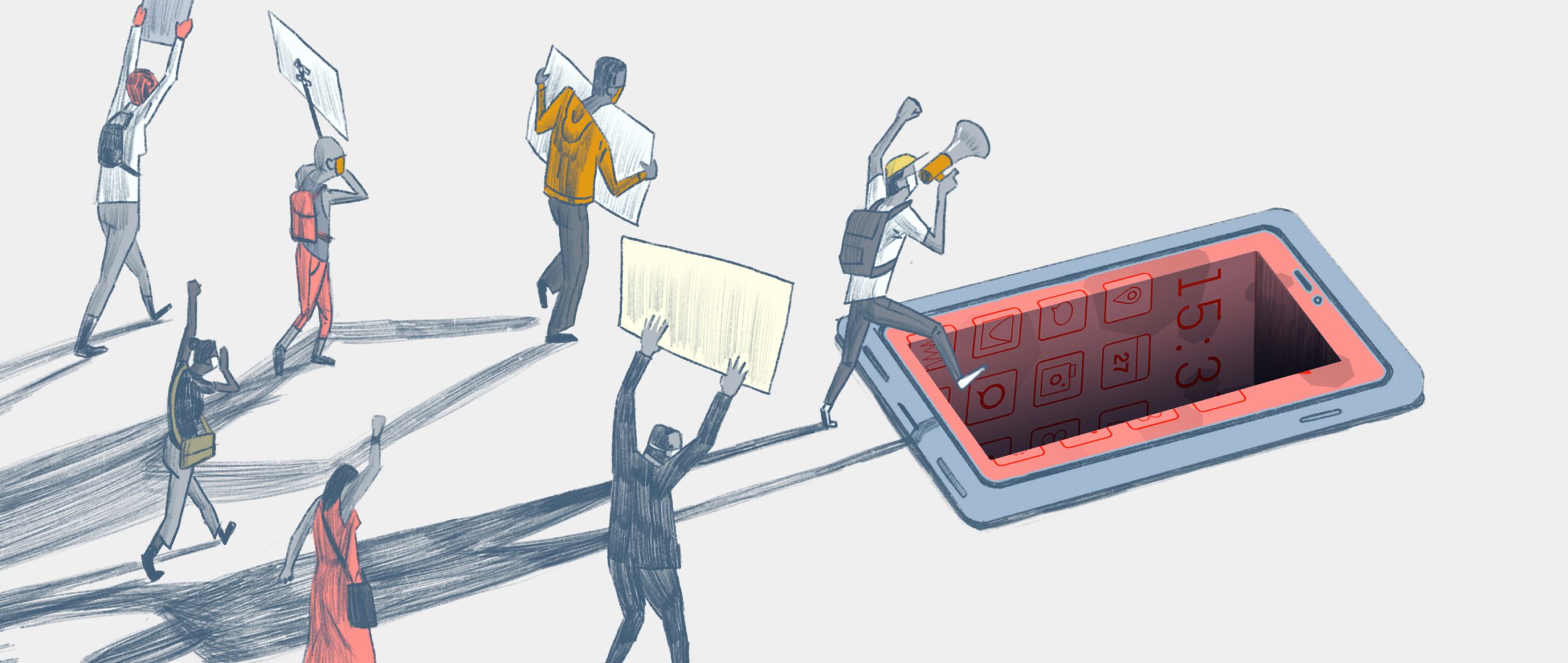Phoronix: SQLite 3.42 Released With "Secure Delete" Command
SQLite 3.42 is now available as the newest update to this widely-used, embed-friendly SQL database option that is used by countless applications and other software for lightweight and speedy data storage purposes...
SQLite 3.42 is now available as the newest update to this widely-used, embed-friendly SQL database option that is used by countless applications and other software for lightweight and speedy data storage purposes...



Comment